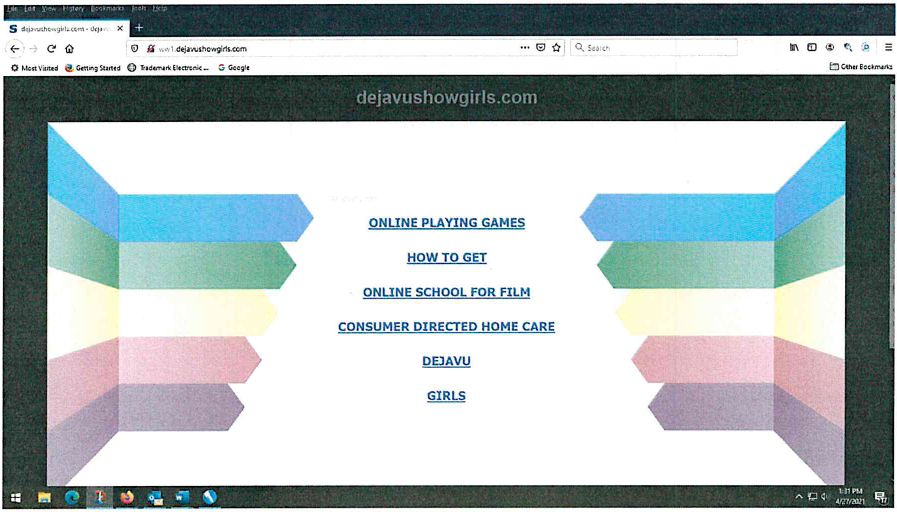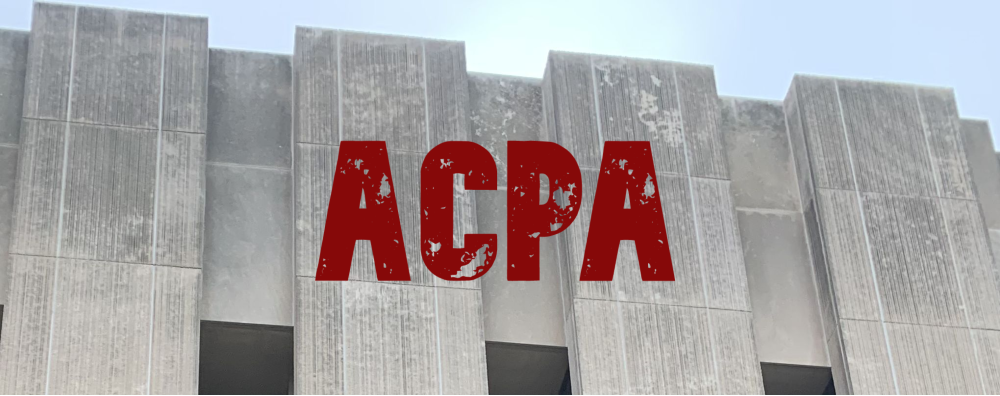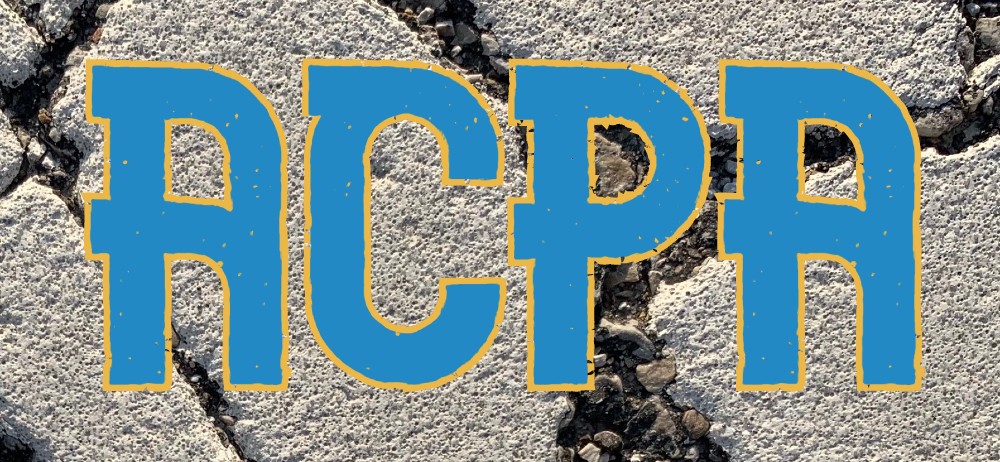
The Anticybersquatting Consumer Protection Act (“ACPA”) is a federal law – part of the Lanham Act that deals with trademarks and unfair competition. It says that a person can be liable if he or she registers a domain name that contains another’s distinctive trademark with a bad faith intent to profit from that mark.
One issue that has arisen over the years is whether registration that can give rise to liability means only the first time the domain name is registered, or whether it applies to the re-registration, e.g., each year when the registration is up for renewal with the registrar. See this case from earlier this year where the court held that renewal was not registration.
The various federal circuits are split over the issue. At least the the Third, Fourth, and Eleventh Circuits have all concluded that the ordinary meaning of the word “registers” necessarily includes both the first registration and any subsequent re-registrations. The Ninth Circuit has held that Congress meant “registration” to refer only to the initial registration.
The Second Circuit does not appear to have weighed in on the question. But a recent district court sitting in the Second Circuit sided with the “re-registration is registration” take from the Third, Fourth and Eleventh Circuits.
In the case of We the Protesters, Inc. v. Sinyangwe, 2024 WL 1195417 (S.D.N.Y., March 20, 2024), counter-defendant registered the disputed domain name in 2015. The issue was whether the re-registration of the disputed domain name in 2023 was a registration of a distinctive mark done in bad faith. This passage of time was important because it gave the arguably descriptive mark MAPPING POLICE VIOLENCE enough time to become distinctive.
Concerning the word “registers” in the ACPA, the court applied its ordinary meaning, noting that it was not the province of the court to add words to statutes that Congress enacts. “Had Congress wished to restrict the word ‘registration’ as used in the ACPA to initial registrations, it surely knew how to do so.”
We the Protesters, Inc. v. Sinyangwe, 2024 WL 1195417 (S.D.N.Y., March 20, 2024)
See also:







